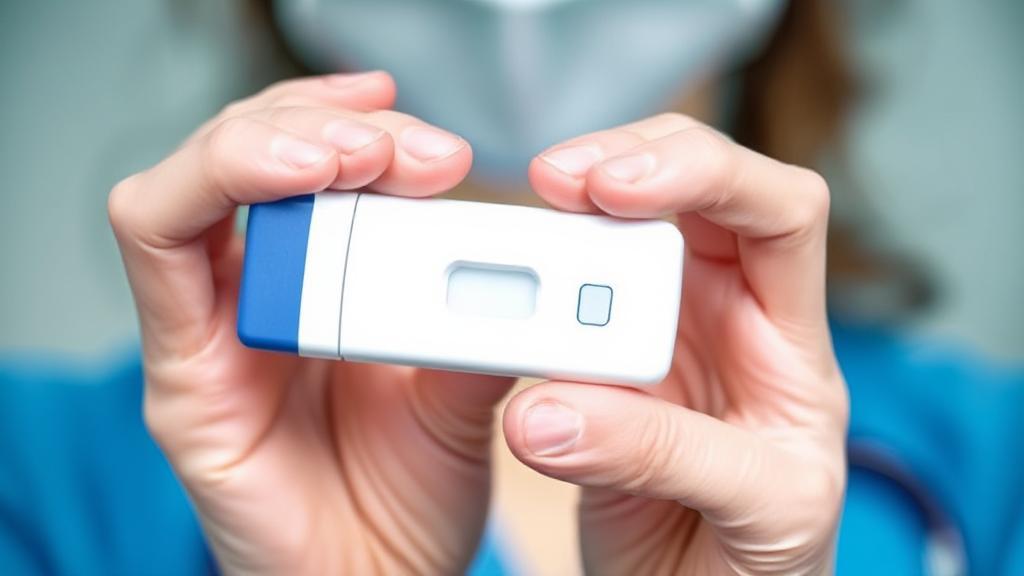Introduction to Strep Tests
Strep throat is a common infection caused by the Streptococcus pyogenes bacteria, also known as Group A Streptococcus. It primarily affects the throat and tonsils, leading to symptoms such as sore throat, fever, and swollen lymph nodes. Diagnosing strep throat accurately is crucial to ensure appropriate treatment and prevent complications.
Types of Strep Tests
There are two primary types of strep tests used to diagnose strep throat:
- Rapid Antigen Detection Test (RADT)
- Throat Culture
Rapid Antigen Detection Test (RADT)
The Rapid Antigen Detection Test is a quick method to detect streptococcal antigens. The process involves:
- Sample collection via throat swab
- Sample preparation: 1-2 minutes
- Test development: 5-10 minutes
- Result interpretation: 1-2 minutes
Important Note: While rapid tests are convenient, they have a false-negative rate of 10-20%. Your healthcare provider may recommend a follow-up culture test if symptoms persist.
Throat Culture
A throat culture is a more comprehensive test that involves:
- Collecting a throat swab sample
- Sending the sample to a laboratory
- Incubating the sample to allow bacteria growth
- Analysis and result reporting (24-48 hours)
Total Time Investment
| Stage | Typical Duration |
|---|---|
| Check-in | 5-10 minutes |
| Initial Assessment | 10-15 minutes |
| Swab Collection | 1-2 minutes |
| Test Processing | 5-10 minutes |
| Result Review | 5 minutes |
The entire visit typically takes 30-45 minutes from arrival to departure.
Factors Influencing Test Duration
Several factors can affect how long the testing process takes:
Facility Variables
- Patient volume
- Staffing levels
- Time of day
- Type of healthcare facility
- Laboratory efficiency
Patient-Specific Factors
- Cooperation during swabbing
- Presence of complications
- Need for additional testing
Digital Results and Follow-up
Many modern healthcare facilities offer digital result delivery through patient portals or mobile apps. Test results can be accessed online within:
- 1-2 hours for rapid tests
- 24-48 hours for cultures
When to Seek Testing
For optimal results, get tested when experiencing:
- Sore throat
- Fever
- Swollen lymph nodes
- Absence of cough or runny nose
Importance of Timely Diagnosis
Timely diagnosis of strep throat is essential for several reasons:
- Prevention of complications like rheumatic fever or kidney inflammation
- Appropriate antibiotic use to combat resistance
- Quick symptom relief
- Reduced spread of infection
For more information about strep testing, visit the CDC's strep throat information page, Mayo Clinic, or consult with your healthcare provider.
